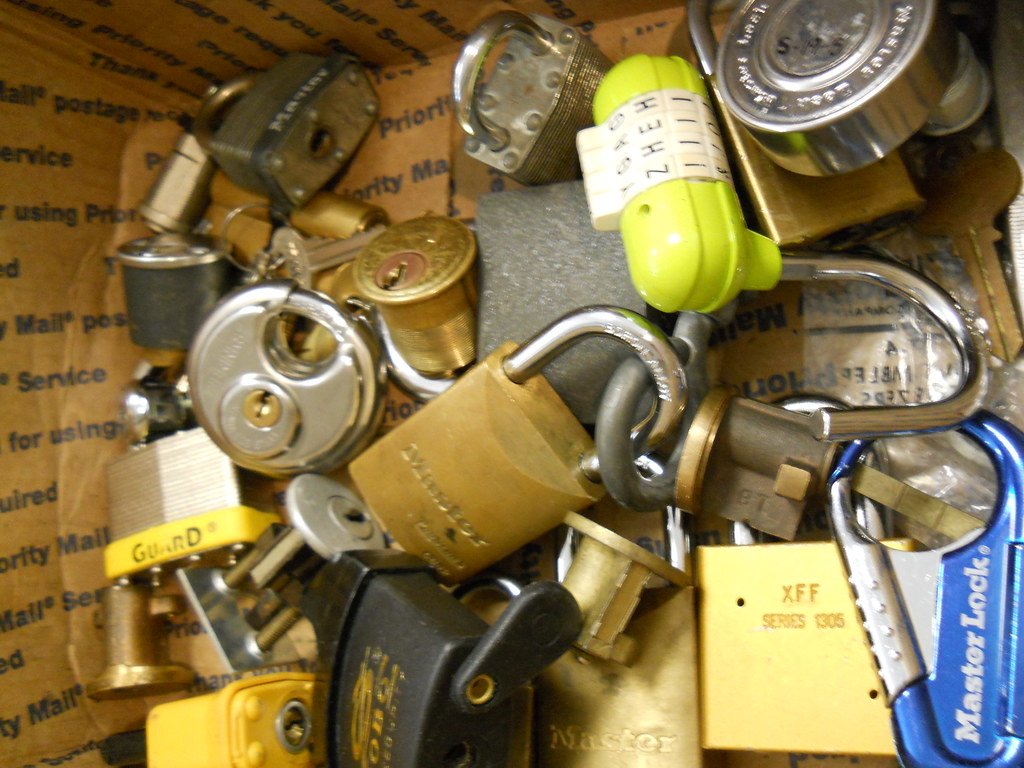
The Ethics of Using Locksport Skills in Real-Life Scenarios
Unlocking Pandora's Box: A moral conundrum arises when lockpicking enthusiasts wield their locksport skills in the real world - can the use of these abilities ever be justified? This article explores the ethical dilemmas surrounding the application of locksport skills outside the realm of sport, raising questions about privacy, security, and the line between curiosity and trespassing.
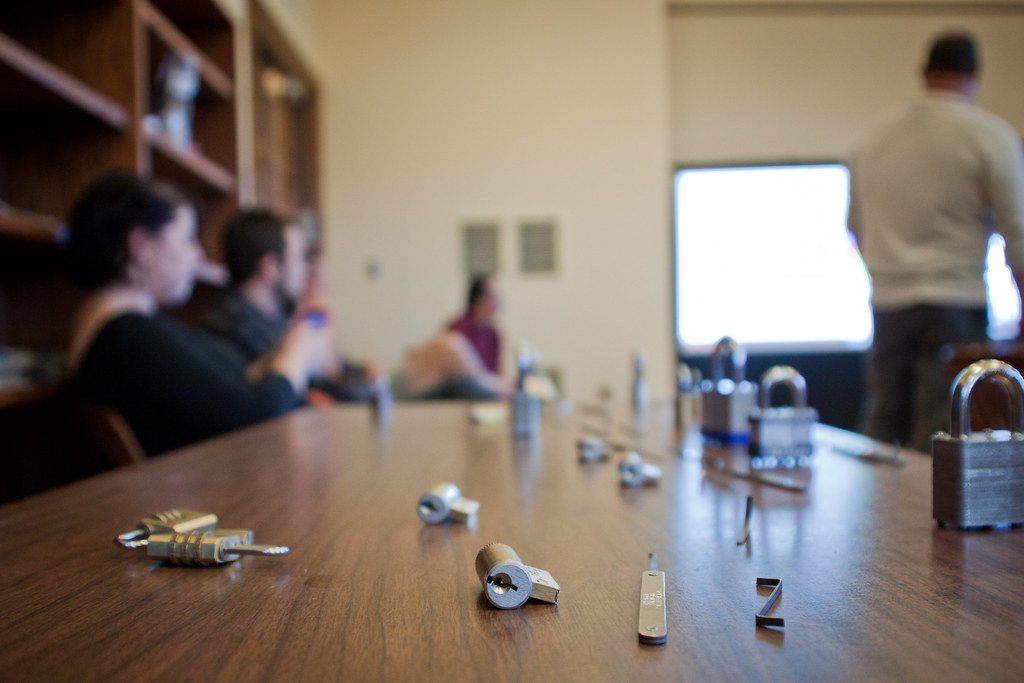
The Ethics of Locksport and Intellectual Property
As the world of locksport continues to grow, questions surrounding the ethics of intellectual property become increasingly essential. While enthusiasts argue that the sport promotes innovation and security, critics warn of potential harm to the lock industry's intellectual property rights. Balancing curiosity and respect for innovation can create a path towards a more ethical locksport community.
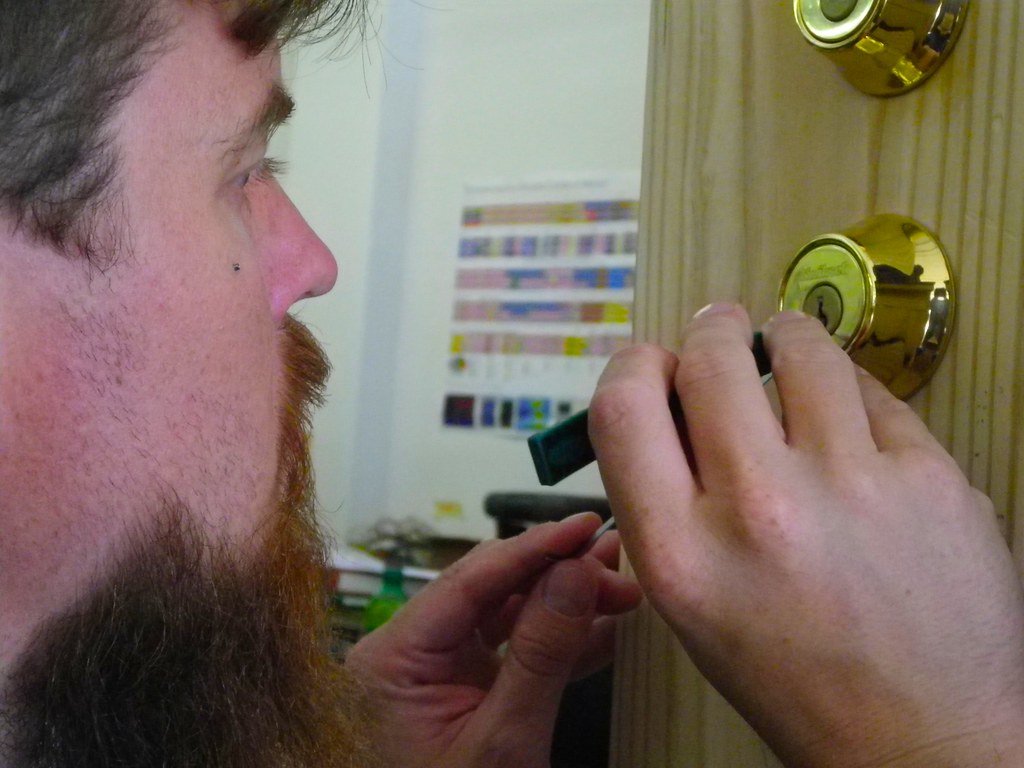
How to Ethically Monetize Your Locksport Skills
Have you ever wondered how to turn your lockpicking prowess into a legitimate business? Unlock the secrets of ethical monetization in the field of locksport, where knowledge meets opportunity, and explore creative ways to apply your skills while maintaining a neutral stance.

The Importance of Ethical Disclosure in Locksport
Locksport, the art of picking locks for recreational purposes, relies on trust and ethical conduct. Ethical disclosure plays a crucial role in this community, ensuring the responsible and secure exploration of lock mechanisms. It fosters an environment of knowledge sharing while upholding the highest standards of integrity and respect for others' property.
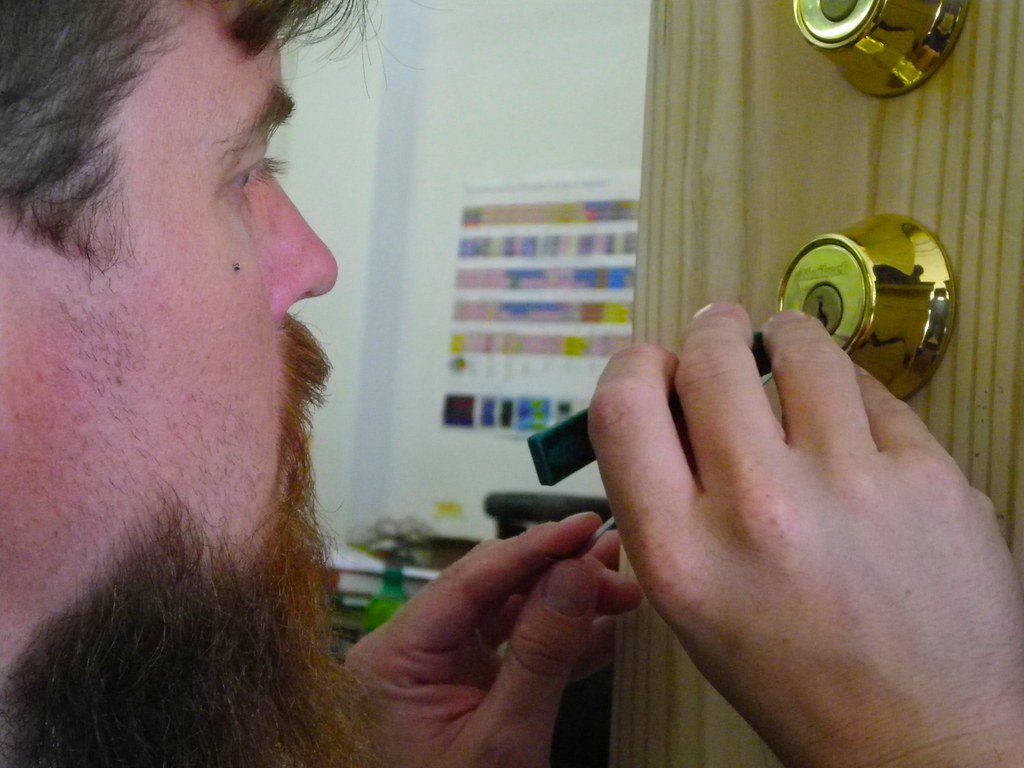
The Ethics of Locksport and Data Privacy
As locksport gains popularity as a recreational activity, a debate arises on the ethics surrounding this skillset. While some argue that locksport promotes a greater understanding of security vulnerabilities, others raise concerns about privacy and the potential for misuse of acquired knowledge. Balancing the benefits and risks is crucial in determining the ethical implications of this intriguing hobby.

How to Handle Ethical Missteps in Locksport
In the secretive world of locksport, where enthusiasts indulge in the art of picking locks, ethical missteps may occur. This article unveils some creative ways to navigate through such situations, ensuring that passion and respect for the craft remain intact, without compromising on the principles of honesty and fair play.

The Importance of Ethical Vigilance in Locksport
In the fascinating world of Locksport, a delicate balance between skill and ethical responsibility must be maintained. This article delves into the paramount importance of ethical vigilance, highlighting how Locksport enthusiasts must prioritize integrity and respect over the temptation to misuse their talents.

The Importance of Ethical Introspection in Locksport
In the realm of locksport, ethical introspection serves as the cornerstone upon which the entire practice stands. From examining our motives for picking locks to ensuring that our skills are employed responsibly, delving into the ethical dimensions of this art deepens our understanding and encourages a more mindful approach to the world of locks and keys.

The Ethics of Competitive Locksport: What You Need to Know
In the world of competitive locksport, where expertise meets innovation, questions surrounding the ethical boundaries arise. Exploring the intriguing intersection of skillful artistry, security, and sportsmanship, this article delves into the grey areas of this captivating world that ignite conversations and prompt reflection.

Ethical Lock Picking: How to Avoid Grey Areas
As lock picking gains popularity as a hobby, it is important to navigate the ethical complexities that come with it. This article explores the principles of ethical lock picking and offers guidance on how to avoid crossing into grey areas, promoting responsible and respectful practices within the lock picking community.
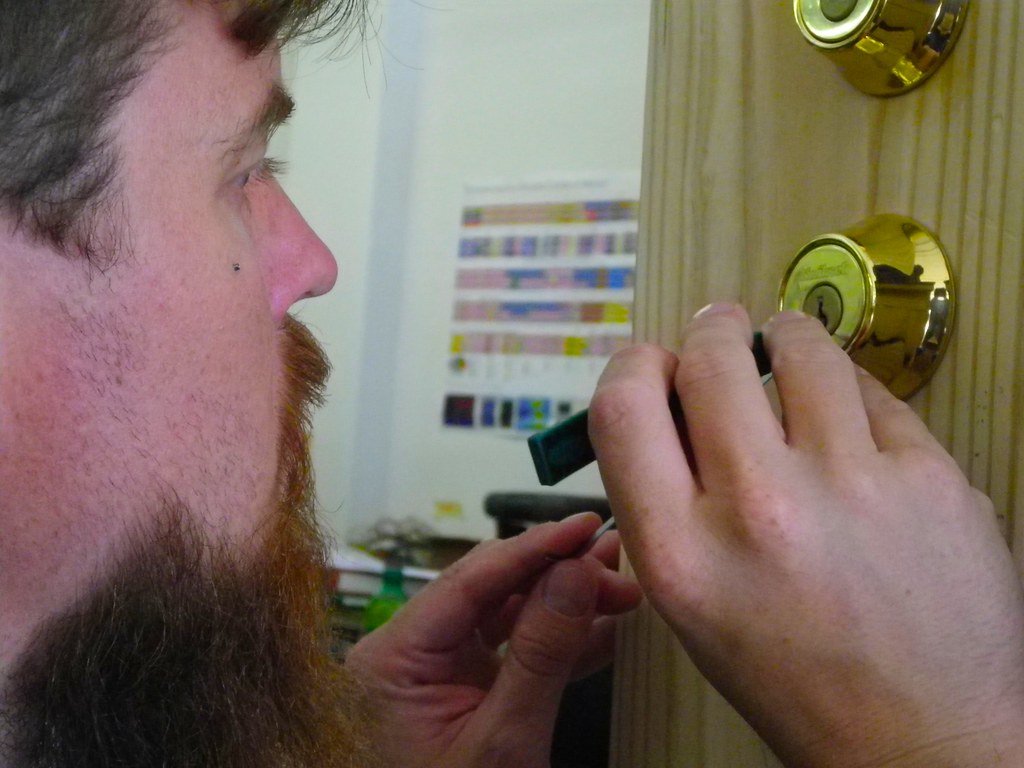
The Ethics of Locksport and Community Outreach
As the world of locksport continues to gain popularity, questions regarding its moral implications and community impact arise. This article explores the ethics behind locksport as a hobby and its potential for positive community outreach, delving into the delicate balance between promoting security awareness and potential risks associated with the unauthorized practice of lock manipulation.

The Role of Ethics in Locksport Tool Manufacturing
Locksport tool manufacturing may seem like a fascinating niche, but it also raises important ethical questions. From ensuring responsible use to considering potential security risks, ethical considerations guide the production of tools that can unlock doors, emphasizing the delicate balance between innovation and responsible use.